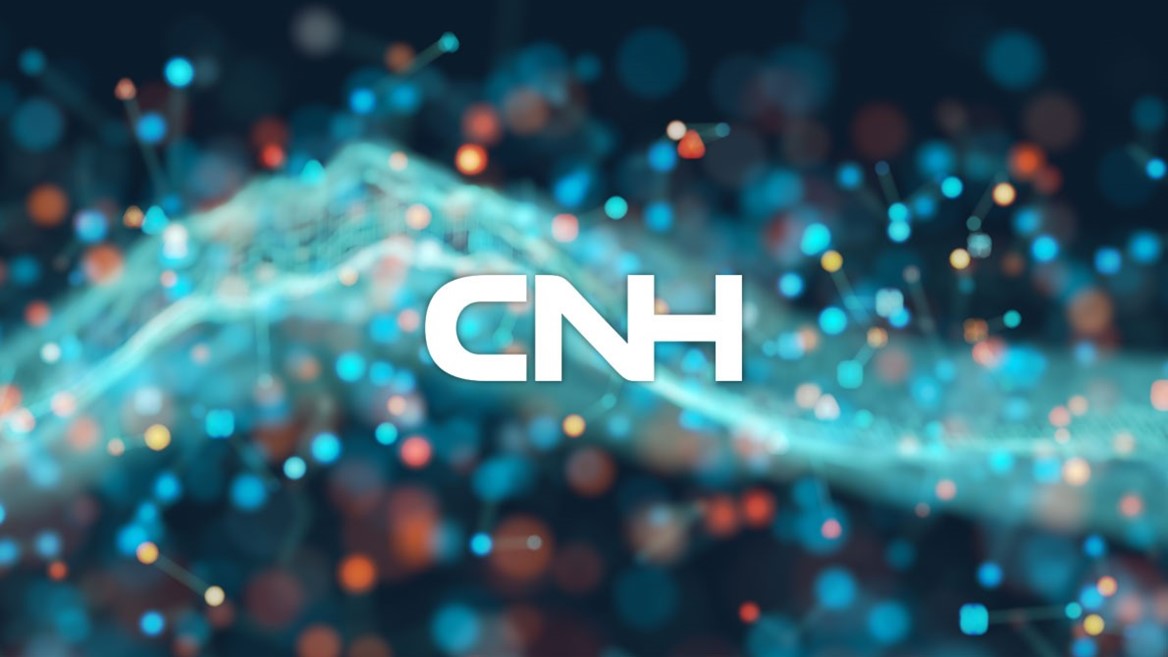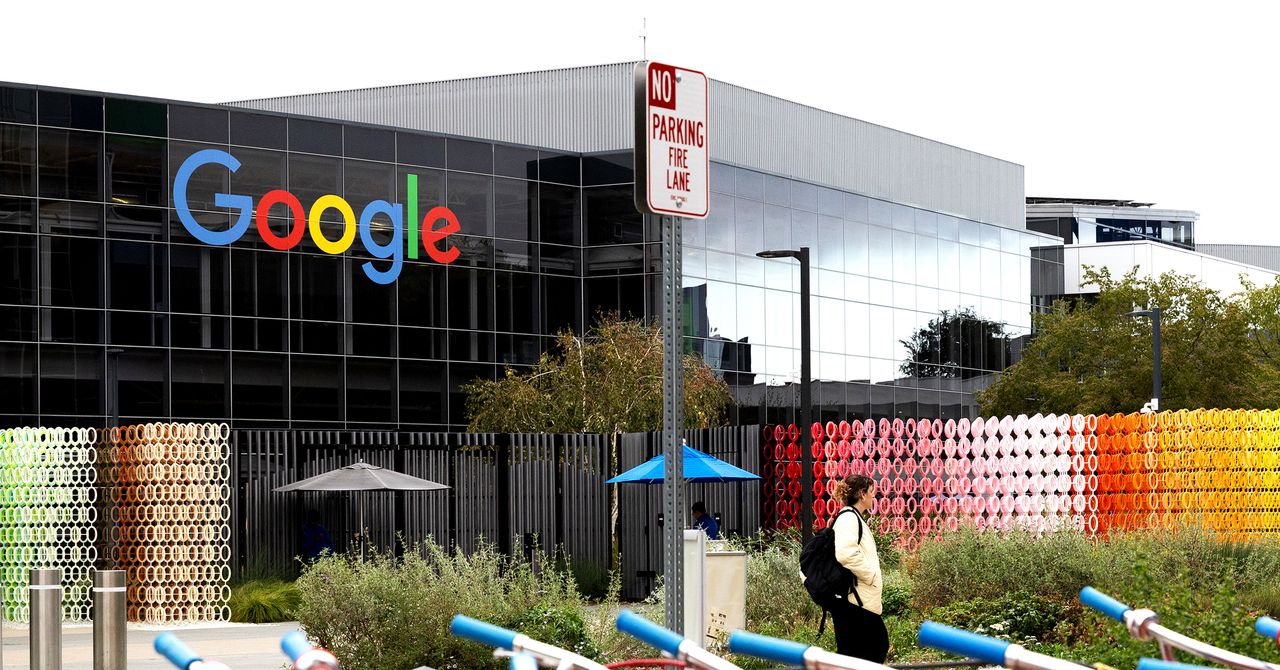Under the Electronic Communications Code 2017 (the Code), telecoms operators can ask a property tribunal to impose a so-called ‘Code agreement’ on landowners in the event they cannot agree on such an agreement between themselves. However, where landowners can demonstrate their intent to redevelop all or part of the land to which the desired Code rights would relate, or any neighbouring land, and that they could not reasonably do so if a Code agreement was imposed, the tribunal is prohibited from imposing such an agreement on the parties. This ‘redevelopment defence’ is provided for under Paragraph 21(5) of the Code.
In a recent case ruled on by the First-tier Tribunal (Property Chamber) (FTT), Icon Tower Infrastructure Limited (Icon) sought to resist the imposition of a Code agreement on it in respect of freehold land it owns at Queens Oak Farm in Northamptonshire. On Tower UK Limited (On Tower) has maintained a telecoms mast on a site on that land since around 1997. On Tower’s mast is used by the UK’s biggest mobile network operators (MNOs) – EE, Three, Vodafone, and Virgin Media O2 – for hosting electronic communications apparatus.
On Tower previously held a formal lease to operate from the Icon-owned site, but that lease agreement expired in 2016. Since then, On Tower has been operating from the site under a so-called tenancy at will, which is a form of tenancy that is not subject to a formal lease or end date. Under this arrangement, On Tower pays Icon an annual rent and a proportion of the income it receives from the mobile network operators for use of its mast.
On Tower is seeking a Code agreement to enhance its rights to operate on the site. Compared to the preceding legislative regimes, the 2017 Code is weighted more heavily in favour of telecoms operators than landowners in respect of the rights a Code agreement confers on operators to install, inspect and maintain equipment such as masts, cables and other communications apparatus on others’ land.
On Tower previously won a protracted legal battle that ended up in the UK Supreme Court over its rights to seek a Code agreement with AP Wireless, a company in the same group as Icon, in respect of the Queens Oak Farm site. However, when the case was remitted to FTT, Icon, which was by then the owner of the Queens Oak Farm site, claimed it had a redevelopment defence to defeat the imposition of the Code agreement sought.
As well as being a landowner, Icon is also a telecoms company, part of the AP Wireless group. It has designs on installing its own mast on the site On Tower occupies at Queens Oak Farm and of encouraging the MNOs that use On Tower’s mast currently to switch to its mast. In the latest proceedings in this long-running dispute, the FTT had to decide whether Icon had a legitimate redevelopment defence it could rely on.
The central question the Tribunal had to determine was whether Icon could demonstrate a “firm and settled intention” to redevelop the site, such that it could not reasonably do so if On Tower remained in occupation of the site.
The Tribunal applied a two-stage test to help it answer this question, involving assessment of subjective and objective factors. In respect of the subjective part of the test, the Tribunal considered whether Icon did genuinely intend to redevelop. With the objective part of the test, it considered whether there was a reasonable prospect of Icon being able to carry out the redevelopment.
The Tribunal also considered whether Icon’s intention was “conditional” – i.e. whether its plans for redevelopment were tied to the purpose of defeating On Tower’s bid for Code rights. It further had to determine whether the works Icon planned amounted to genuine “redevelopment”.
On this last point, the Tribunal held that replacing one mast with another can constitute redevelopment under the Code, but only if the legal tests around intent and reasonable prospects are met.
On Icon’s intent, the Tribunal found that the company’s redevelopment plan was investment-led, based on a business plan assuming all MNOs would migrate to the new mast. However, it found no evidence that Icon had actually engaged with the MNOs, and Icon’s own witnesses accepted there was a real risk the MNOs would not move to the new mast. The Tribunal said that while Icon has “a firm and settled intention to carry out its redevelopment” this plan is “wedded to MNO’s migrating from On Tower”.
In considering the likelihood of redevelopment works going ahead, the Tribunal concluded that Icon had not shown a reasonable prospect of carrying out the redevelopment as planned, because “on the balance of probabilities … the most likely outcome is that the MNOs will not migrate to Icon’s new tower”. It reached this view after considering evidence that pointed to Icon’s lack of relationship with the MNOs, the fact Icon has built other “speculative” towers which remain unoccupied, and the fact the MNOs have been working with On Tower to find an alternative site.
The FTT said: “MNOs have not migrated to any of Icon’s new towers. This litigation will have damaged any future relationship Icon may have had with MNOs.”
On the issue of conditionality, the Tribunal accepted that while Icon’s strategy was partly motivated by a desire to remove On Tower as a competitor, this is “a perfectly legitimate business aim” and not improper. However, case law has established that, for the redevelopment defence to be relied upon, the intention to redevelop must exist independently of whether an operator asserts a claim to Code rights – and the Tribunal in this case considered that Icon’s redevelopment plan was so closely tied to the outcome of the litigation that it lacked that necessary independence.
On the issue of conditionality, the Tribunal accepted that while Icon’s strategy was partly motivated by a desire to remove On Tower as a competitor, this is “a perfectly legitimate business aim” and not improper. However, case law has established that, for the redevelopment defence to be relied upon, the intention to redevelop must exist independently of whether an operator asserts a claim to Code rights – and the Tribunal in this case considered that “Icon would intend to do the same works” even if On Tower did not seek Code rights.
As a result of its findings, the Tribunal held that Icon had not established a genuine and deliverable intention to redevelop within the meaning of paragraph 21(5) of the Code. As such, its redevelopment defence failed. The Tribunal ruled that the statutory test for imposing a new Code agreement in favour of On Tower was met.
Property dispute resolution specialist Mairghread Yule of Pinsent Masons, who acted for On Tower in the case, said: “This decision will be welcomed by Code operators. This judgment will be of wide interest and application in the industry, especially regarding redevelopment. It provides useful findings on redevelopment intention – subjective, objective and conditionality intention – and how this will be assessed and considered by the judiciary.”
Ian Morgan, who was part of the Pinsent Masons team involved in the earlier Supreme Court proceedings, added: “This decision will be of significance not only to parties dealing with the Electronic Communications Code, but also because it considers in some detail significant case law relevant to the Landlord and Tenant Act 1954, which may be of broader appeal.”







